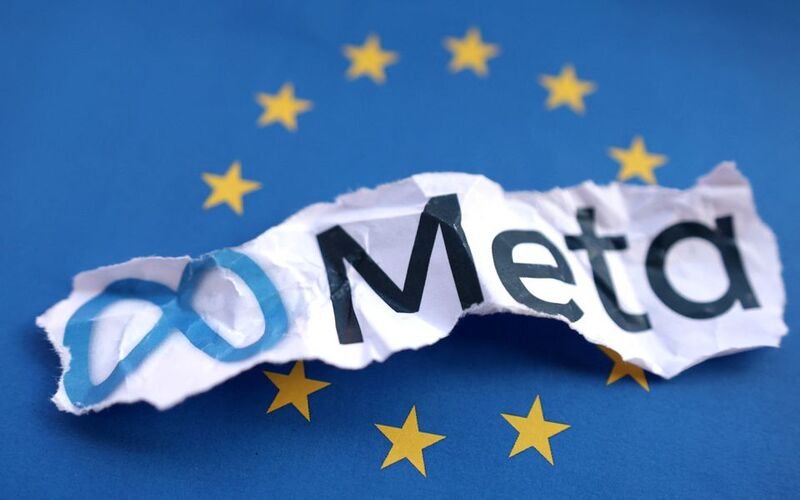Facebook’s Personalized Ads in the EU: Understanding the Recent Ruling by the EU Court
The European Union Court of Justice recently ruled significantly regarding Facebook’s ability to display personalized ads within the European Union (EU). In this article, we delve into the details of the ruling and its potential impact on Facebook, now known as Meta, as well as its advertising practices. We aim to provide a comprehensive analysis that helps shed light on this ruling and its implications for users and the EU’s advertising landscape.
The EU Court’s Decision: User Consent for Personalized Ads
The EU Court of Justice has ruled that Meta, the parent company of Facebook, will require explicit user consent to display personalized ads within the European Union. This decision comes amidst ongoing legal battles and fines related to Meta’s data collection practices. The court’s ruling emphasizes the importance of obtaining explicit user opt-in consent, even for basic platform features and data collection for personalized ads. By requiring this consent, the EU Court aims to protect users’ privacy rights and ensure compliance with data protection laws.
Impact on Meta’s Advertising Practices
The ruling by the EU Court of Justice has the potential to impact Meta’s advertising practices in the EU significantly. Previously, Meta had implemented a system where users were required to accept personalized ads as part of their Facebook, Instagram, and WhatsApp usage. However, with the new ruling, Meta will need to obtain explicit consent from users before displaying personalized ads, aligning with the principles of freely given consent and data protection. The specific implementation and potential impact on Meta’s ad revenue remain uncertain.
Compliance with Data Protection Laws and Antitrust Considerations
The EU Court’s decision highlights the connection between data protection laws and antitrust considerations. Competition regulators can now consider compliance with data protection laws in antitrust cases, which may have implications for Meta’s advertising practices and dominance in the market. This ruling adds a layer of scrutiny to Meta’s activities, urging the company to ensure compliance with antitrust regulations and data protection laws to maintain a fair and competitive marketplace.
Wider Implications for the Tech Industry
The EU Court’s ruling has broader implications for the entire tech industry, particularly targeted advertising and user privacy. The court has rejected Meta’s argument that processing personal data without genuine user consent is in its “legitimate interest.” This decision undermines attempts to circumvent GDPR and emphasizes the necessity of obtaining proper user consent for personalized ads. The ruling also establishes the authority of competition regulators to consider privacy laws in antitrust cases, signaling a potential shift in the enforcement landscape.
The Future of Personalized Ads and Privacy Protection
With the EU Court’s ruling, the future of personalized ads and privacy protection in the EU is pivotal. Privacy advocates view this ruling as a victory against attempts to bypass GDPR and safeguard user privacy. As discussions continue regarding a potential new EU-U.S. data-sharing agreement, balancing personalized advertising and robust privacy protections is crucial. EU data protection authorities have raised concerns about the level of protection for European data, indicating the need for comprehensive agreements that safeguard user privacy while allowing for legitimate data usage and advertising practices.
Conclusion
The recent EU Court of Justice ruling requiring Meta to obtain user consent for personalized ads within the European Union has far-reaching implications for both Meta and the broader tech industry. This ruling emphasizes the importance of obtaining explicit user consent, compliance with data protection laws, and the authority of competition regulators to consider privacy laws in antitrust cases. As the landscape of personalized ads and privacy protection continues to evolve, companies like Meta must navigate these challenges and prioritize user privacy while delivering relevant advertising experiences.



































